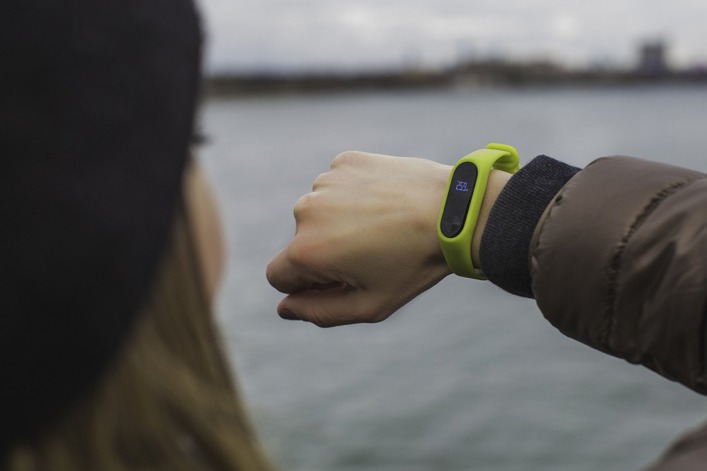Voice command devices like Alexa offer the possibility of instant answers to questions as wide-ranging as the name of a favorite TV actor to the Earth’s distance from the Sun.
Fitness tracking devices, meanwhile, promise to teach us more about the inner workings of our body from our heart rate to sleep rhythms to everything in between.
But the price we are paying for this surfeit of knowledge that today’s technology offers us is a growing sense of feeling overwhelmed at this information overload. Take the burgeoning market in fitness tracking wearables. On the surface this seems like a good thing.
Greater knowledge about the state of key health indicators ought to be empowering. It ought to be able to help us chart a course towards better health without the need for medical intervention.
And for many, this is exactly what these fitness trackers do. However, for some the extra information they suddenly find themselves flooded with can prove much more destabilizing.
Alissa Rumsey, a registered dietitian in Brooklyn, New York, and author of the book Unapologetic Eating, said that in many cases the use of these devices can turn into a negative obsession.
“What I see as the negative part of this from the mental health aspect is how much mind space this ends up taking up,” says Rumsey. “There can be a lot of ruminating thoughts about it, guilt if they're not hitting their health goals. And it can also lead to people disregarding their own body signals.”

A person using a fitness tracking wearable. Picture: Pixabay
While there have been no studies as yet on the potentially negative impact of fitness trackers, there are lots of papers on the damage to mental health resulting from the information overload resulting from the digital revolution.
A study published last year, for example, found that information and communication overload combined with digital distrust made people 27.1 percent more likely to experience negative emotions.
So to what extent are consumer electronics companies responsible for this problem? And if they do bear some responsibility, should they be addressing it?
US President Joe Biden certainly thinks they need to be called to account. Last week the US leader took the rare step of calling for bipartisan support for new laws aimed at reining in the power and reach of Big Tech.
Among one of his areas of concern was the effect digital information – specifically online advertising – was having on children. At present there are multiple standards concerned with the effect consumer electronics can have on physical health but none – as far as I am aware – addressing their impact on mental health.
It seems as if we have rushed to embrace their use without ever really stopping to think what all these devices might be doing to our stress levels, let alone how they might be impacting our children.
This is not a state of affairs that we should feel too self-flagellating about. After all, it’s relatively common when a new technology emerges for there to be lag time in terms of understanding its full effects.
However, it’s also something we shouldn’t be complacent about. Surely, it ought to be clear to anyone who is really paying attention that the information overload created by digital technology has become a pain point for many of us living on the planet today.
The question then remains: what can be done about it?

